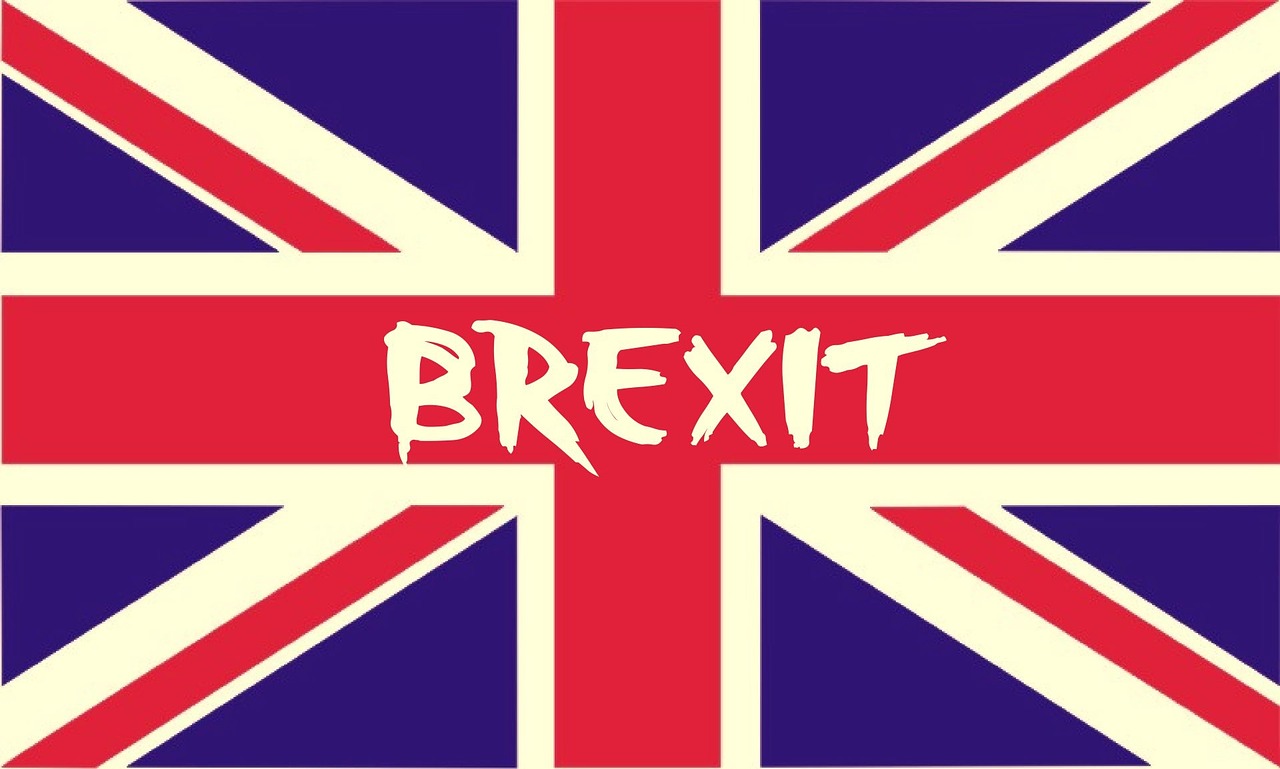
British Exit: What does it mean?
Hanan DuVerney, staff writer
Over the past few months, the media has been bombarded with one key phrase: “Brexit.” However, few know exactly what it is, much less care about its significance here in the U.S. On Oct. 3, PVCC hosted Dr. James Sofka for a lecture on the issues and controversies surrounding Brexit.
“The Brexit vote has several important implications for the United States,” said Sofka. “First, depending on how Brexit is managed, global financial markets can be negatively affected as they were immediately after the June vote. Second, as the U.K. and many of the 28 EU states are also NATO members, rifts between the UK and its continental partners could have implications for the alliance.” Sofka continued, “Third, the EU is an important trade partner to the U.S. as well as an ally on other issues such as addressing global climate change. Rifts in the EU could impact these initiatives. Finally, the domestic implications of a win by nationalist, anti-migration parties in Britain have implications for the U.S. For example, Nigel Farage, the former leader of the U.K. Independence Party that led the ‘Leave’ campaign, made campaign appearances with Donald Trump in the past few months and the Brexit vote has been studied by American political consultants. For these reasons and undoubtedly more, Brexit is of critical importance to American foreign, economic, and national security policy.”
While taking all of this into consideration, it is important to understand the repercussions of this decision. In 2007, the European Union met in Lisbon, Portugal, in order to reach an agreement on the boundaries of a member state’s request for an exit. Article 50 (TEU), Treaty on European Union, is the agreement reached by the council. Number three states, “The Treaties shall cease to apply to the State in question from the date of entry into force of the withdrawal agreement or, failing that, two years after the notification referred to in paragraph 2, unless the European Council, in agreement with the member of the Member State concerned, unanimously decides to extend this period.”
Number four of the article states, “For the purposes of paragraphs 2 and 3, the member of the European Council or of the Council representing the withdrawing Member State shall not participate in the discussions of the European Council or Council or in decisions concerning it.”
Great Britain’s exit from the EU immediately impacts their close allies, in particular the United States. Many believe this political action is calamitous. However, it is the negotiations that will transpire over the next two years that will determine the manner of Britain’s exit. For specific European states, this could possibly allow sovereign membership of the European community at large with various restrictions.
The Brexit has been projected through media outlets this election season, in addition to Nation State relationships with in EU; this subject matter, is of great importance. If a global power such as Great Britain can challenge the European Union, then other member states who wish to exit can follow their lead; however, that member state should pay close attention to the process of the British Exit from the EU.
The nationalist-right in specific European States see the Brexit as a rallying call for self-determination. The French party leader of Front National, Marine Le Pen, is of the opinion that she is the voice of those French who wish to leave the Union. If France were to leave the Union, Germany would certainly take its position within the European Council.
With the Treaty of Nice, in January 2003, Europe saw a shift in the number of Members of the European Parliament (MEPs), allocated to each member state on basis of population density. Germany requested an increase in representatives in order to accurately represent their population; however, between the years 2009 and 2014, the Germans lost three seats while France gained two. Germany currently has 96 MEPs while France retains 76 members.
Despite the obvious difference in MEPs, President Francois Hollande is determined to see through this De Gaulle vision for a “French Europe.” The European Union, after all, is a post world-war French brainchild, and for France, Great Britain has been the counter-weight to the German economic power that had emerged after the collapse of the Berlin Wall in 1989.
Since that November, the globe has seen the rise of an economic super power.
The Germans are famous for many things, their football teams, castles, and beer, however, it is their discipline and economic production that makes them a key player in the geopolitical landscape of Europe. Having out scored their continental European partners in GDP, they are now beginning to take a different lead in the realm of international affairs. Through outsourcing their companies to the East in the former Soviet satellite states, Germany, created for them the ability to form an economic working relationship with the Slavic Nations, who are also closely linked to a Russian sphere of Influence. According to Deutsche Bundesbank, German production reached an all-time high in 2010 with 14.90 percent that year and record low of -22 percent in April 2009.
Though much of the economic successes since 2006 came under the administration of Angela Merkel and her party, the Christian Democratic Union (CDU) have seen a loss in popularity to the rise of more right-wing groups such as the Alternative for Deutschland (AfD). In the last election, their party captured 14.2 percent of the vote, an unprecedented victory for Alternative for Deutschland; they will now make their entrance to the Berlin Parliament in the next term.
Periodically, the world will experience a season of synchronized changes in leadership. Currently, there are several elections occurring outside the U.S. that should be of interest to us.
It is important to know the new names and faces of the parties in consideration. Analyzing their foreign and domestic policy, as well as their past political and economic relationships with other global leaders can provide a basis for understanding certain political moves. For example, in Great Britain, with the resignation of former Prime Minister David Cameron in late July, the world saw the change in British ministerial leadership with the conservative Theresa May.
Her every move from now until 2019 will be watched as this is the timetable given to nations that request to leave the Union. Her success in retaining British influence outside of the European Council is heavily weighted upon the next two years of negotiations with the EU. Knowledge of current political events, both domestic and abroad is important. Now more than ever, research, judgment and sound decisions should be made by every individual across the globe casting their ballots, the future depends on it.





